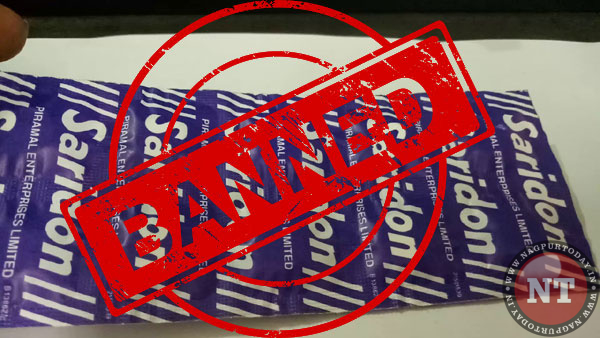
New Delhi: The Ministry of Health on Wednesday banned the manufacture for sale or distribution of 328 fixed-dose combination (FDC) drugs with immediate effect.
Besides, it has also restricted the manufacture, sale or distribution of six FDCs subject to certain conditions, an official statement said. The banned medicines include brands like Piramal’s Saridon, Alkem Laboratories’ Taxim AZ and Macleods Pharma’s Panderm Plus cream.
Government sources said the move means that around 6,000 medicine brands belonging to different companies and with a combined market size of Rs 2,000-2,500 crore may soon vanish from the drug market in the country. FDCs are two or more drugs combined in a fixed ratio into a single dosage form.
The Health Ministry, through its notification published on March 10, 2016, had prohibited the manufacture for sale and distribution for human use of 349 FDCs under Section 26 A of the Drugs and Cosmetics Act, 1940.
But the matter was contested by the affected manufacturers in various high courts and the Supreme Court. Complying with the Supreme Court verdict in December last year, an expert panel formed by the Drugs Technical Advisory Board (DTAB), in its report to the Centre, stated that there is no therapeutic justification for the ingredients contained in 328 FDCs and that these FDCs may involve risk to human beings, the statement stated.
DTAB said these combinations may lead to overuse. According to the technical body, there is no need to expose the patients to that many ingredients when one will do the work. The notification stated, “Hence in the larger public interest, it is necessary to prohibit the manufacture, sale or distribution of this FDC…any kind of regulation or restriction to allow for any use in patients is not justifiable.”
The Board recommended that it is necessary to prohibit the manufacture, sale or distribution of these FDCs under the Drugs and Cosmetics Act, 1940 in the larger public interest.












